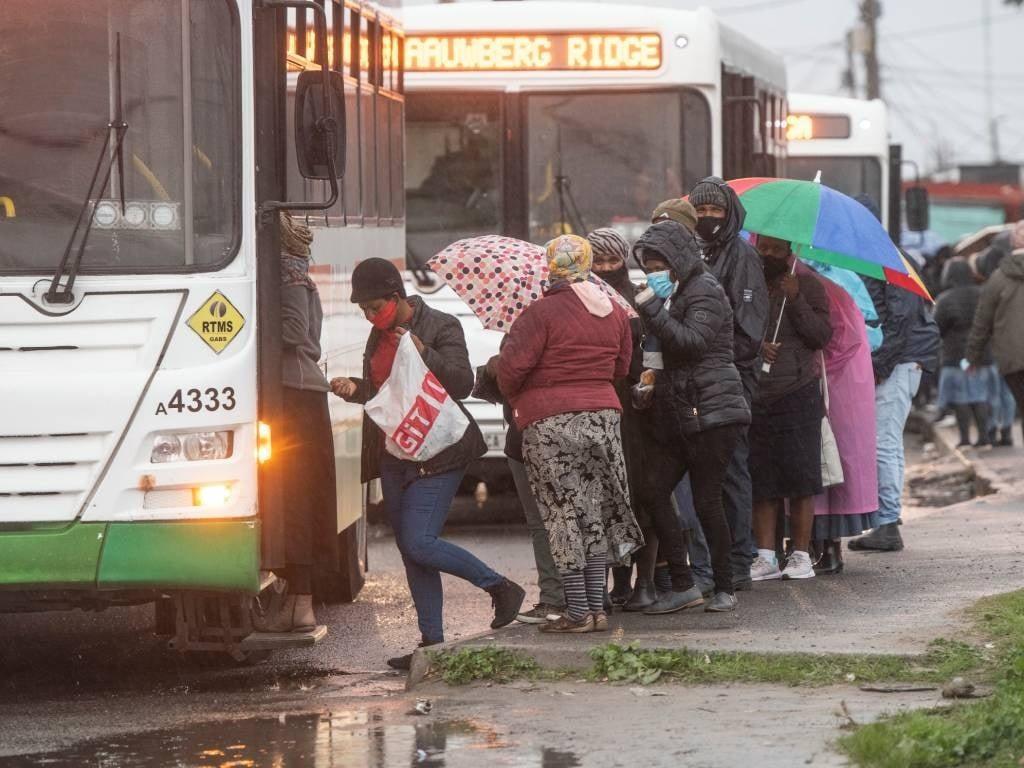
Africa-Press – South-Africa. Members of the Western Cape labour force who were unable to work because they were held hostage by the violent taxi strike will bear the brunt in the weeks to come.
Most will lose a quarter of their monthly salary, a full week’s wages, after the action was finally called off late on Thursday night.
Legally, no work equals no pay, explained labour law specialist Andrew Levy.
“There is no claim to be paid if you haven’t worked. [This] was not the employer’s fault,” he said.
An employer could be sympathetic and suggest that staff take the missed days as annual leave so that their income won’t be affected.
“An employer can’t be expected to keep paying wages if he’s not getting anything in return. While he could decide to pay the worker whether they came to work or not, no one would be able to do that on an extended basis.”
Cosatu Western Cape secretary-general Malvern de Bruyn said losing a week’s income was a sacrifice no one could afford.
He urged employers to discuss alternatives with their workers to ease the financial burden on an already struggling society.
Those who could afford it could also pay their workers in full and allow them to work back the owed hours over weekends or as the need arose, De Bruyn suggested.
He said:
Employers may not unilaterally take their employees’ leave, De Bruyn pointed out, but could do so if the employee agreed to it.
Poorer people are considered the biggest losers in the strike, which resulted in widespread absenteeism and severe repercussions on the economy.
Supermarkets to home industries were affected as businesses closed early, if they even opened at all.
According to the City of Cape Town’s latest comprehensive integrated public transport plan, 22% of commuters use minibus taxis.
About 830 000 trips are made per day, with 95% of passengers coming from low to middle-income households.
While both the City of Cape Town and Santaco were to be commended for prioritising the needs of the broader public and economy by setting their differences aside, this was only a shaky truce while the real work remained to be done, said Cape Chamber of Commerce and Industry president Jacques Moolman.
“The Cape Chamber helped mediate an agreement acceptable to both sides following a period of misunderstanding. As the voice of business, we have close ties to both the taxi industry – a vital component of the public transport system – and regional government authorities with whom we work closely on a range of projects. As such we were able to find common ground and expedite the final settlement,” Moolman said.
The process had been “bogged down in unnecessary delays”, prolonging violent disruption and delaying public service, he believed – the result of an “unfortunate communication breakdown that underscores the need for private sector input in achieving a lasting settlement”.
The final outcome was testimony to concessions on both sides, Moolman believed.
“Government authorities need to embrace and help develop the taxi industry as a vital partner in promoting economic growth. Santaco should embrace the City’s role in providing a platform to regulate taxi drivers within the context of a transport system in urgent need of reform,” he said.
He added:
The impact will most acutely be felt by workers, which is again a result of the perpetuation of apartheid spatial planning, said Greater Cape Town Civic Alliance deputy chairperson Lester September.
“If we had a sustainable affordable social housing programme within the inner city especially, the taxi industry would not be able to hold the city to ransom with strike action,” he said.
“There are over 15 000 Airbnb units standing empty most of the year in Cape Town, outside our tourist season. If we had by-laws requiring affordable social housing in Airbnb units, as the city of Berlin requires, we could have assisted all these poor workers that depend on public transport to travel far distances with their plight exacerbated by the taxi strike.”
For More News And Analysis About South-Africa Follow Africa-Press





